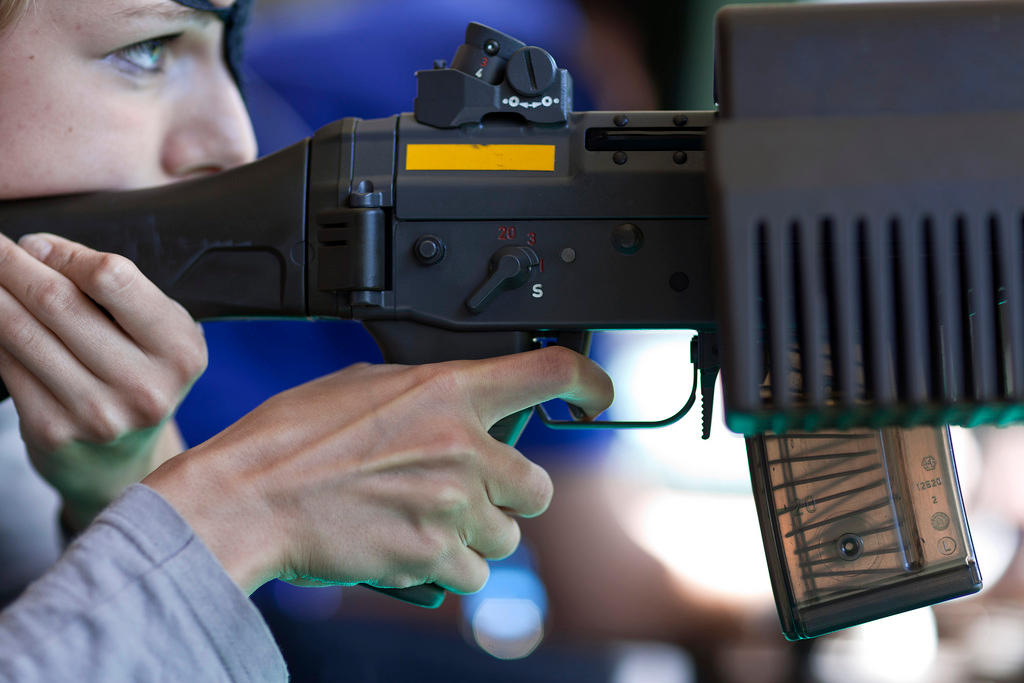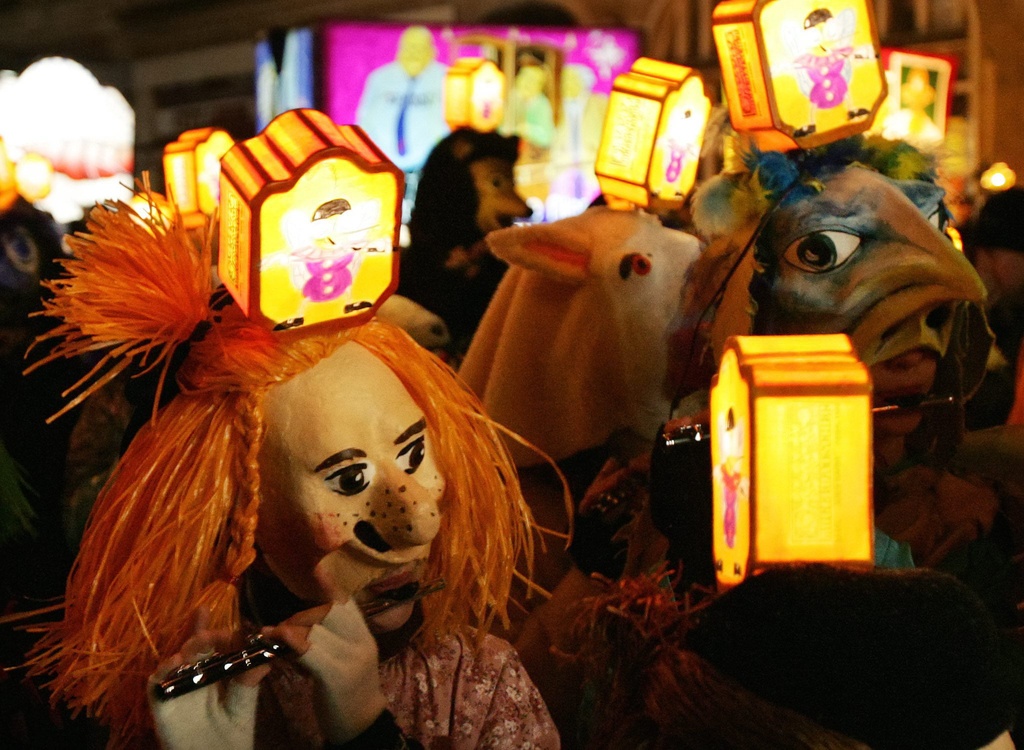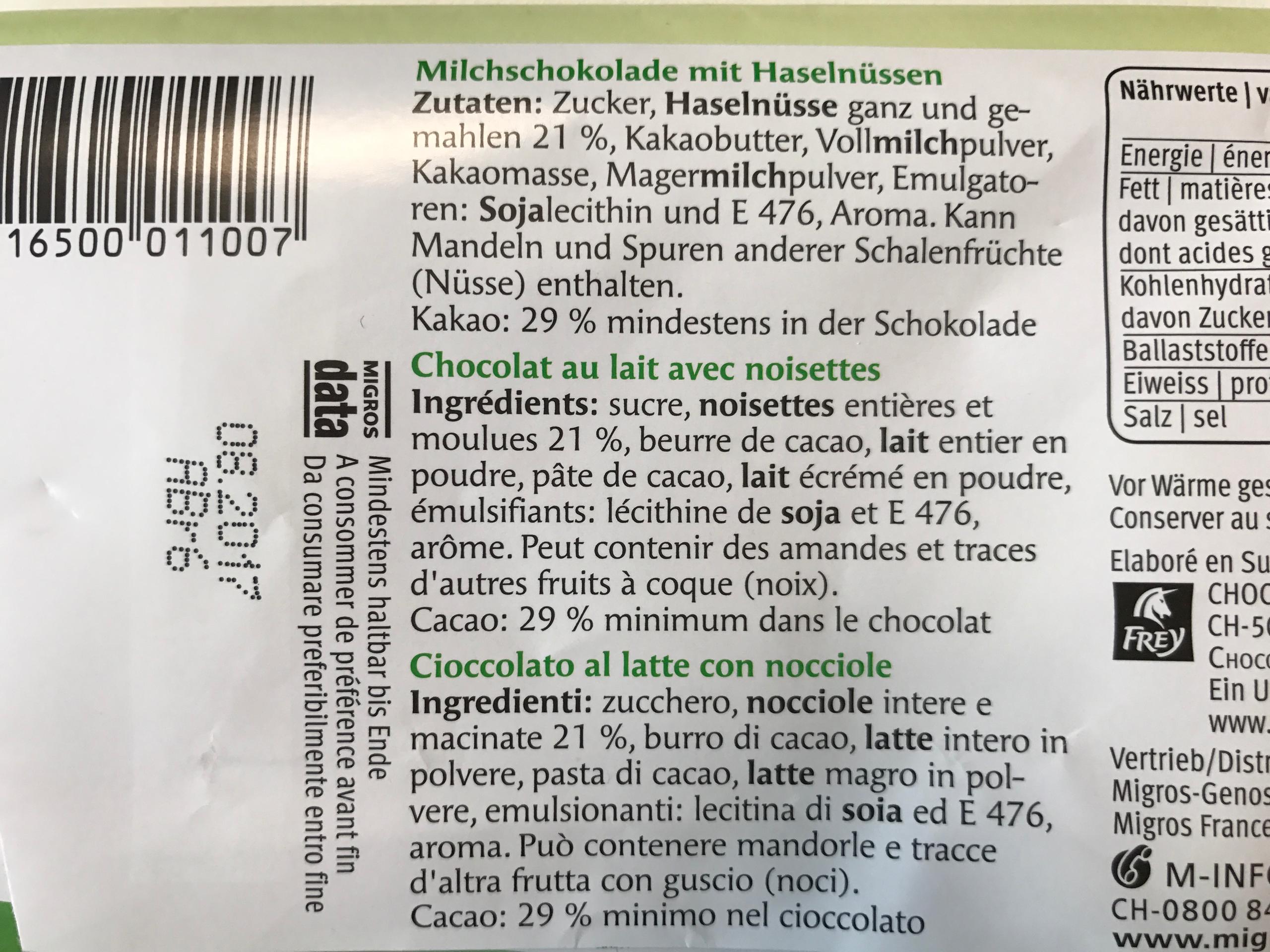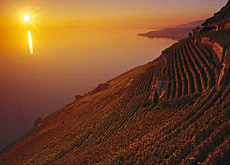
What happens ‘only in Switzerland’?

Once a year on the first Wednesday in February, Switzerland tests its national network of emergency alert sirens. It's something quite unique that so many (7,200) are tested all at once, and it got us wondering: what else happens in Switzerland that seems to you to be unique or highly unusual?
We asked our FacebookExternal link and TwitterExternal link fans to give us their suggestions for other unique aspects of Swiss culture.
1. An annual nationwide test of 7,200 emergency sirens
There are thousands of sirens in Switzerland, mostly placed on rooftops, and they’re all tested together at 1.30pm in early February. Other countries such as SwedenExternal link (4,600 sirens) and the NetherlandsExternal link (3,800 sirens) for example, also carry out tests, but they don’t have as many as the Swiss.
There are also two different types of alarm in Switzerland. The general alert, for a possible threat to the population:

More
General alert
The water alert, for people who live below dams:

More
Water alert
2. Swiss gun culture
Many people see the gun culture in Switzerland as unique. It’s third in the world in terms of civilian gun ownership according to the Small Arms SurveyExternal link, but army rifles, issued to those who are carrying out military service, are kept at home.
In response to our question, a twitterExternal link user responded suggesting ‘Knabenschiessen’: a shooting competition for teenagers held annually in Zurich. The event is not unique in the world, but it illustrates the Swiss approach to guns and can seem highly unusual to many.

More
Knabenschiessen: Celebrating sure shots in Zurich
3. Sending out radiation tablets in the post
@swissinfo_enExternal link You mean like mailing potassium iodine tablets that may reduce nuclear radiation poisoning? https://t.co/HykFC0UjGVExternal link
— ᴘʜɪʟɪᴘ sʜᴇᴍᴇʟʟᴀ (@philshem) February 1, 2017External link
It’s certainly unusual that Switzerland posts out potassium iodide tablets to people living near nuclear power plants, but it’s not the only country in the world to do so. Belgium has a similar policy, but in 2016 extended itExternal link, so that all citizens receive the pills.
4. Bunkers and nuclear shelters
Switzerland is famous for its ‘bunkers for all‘ policy. It means that every person in the country should have a spot in a nuclear bunker, should disaster break out. Many residential buildings have shelters built into the basements.
If a building does not have a built-in shelter, there are larger bunkers people should head to. The city of Lucerne once had the biggest civilian bunker in the world, built to provide shelter to 20,000 people in case of disaster. In 2006 the Swiss authorities reconsidered the practicalities of the bunker, and it now can house 2,000 people in an emergency.
Take a look inside the different rooms of the bunker in this 360° video, by clicking and dragging the screen or tilting your phone (open video in YouTubeExternal link app on mobile phones).
The Swiss may be uniquely well-prepared for disaster, but it’s not all serious here, there other aspects to Swiss culture that seem unique, such as…
5. Fasnacht!
@swissinfo_enExternal link from what I experienced also fasnacht festival
— AL-Awaji (@alawaji88) February 1, 2017External link
There are carnivals around the world, but the way carnival or ‘Fasnacht’ is celebrated in Switzerland is truly Swiss. From the slightly-out-of-tune-on-purpose ‘Guggemusig’ bands, to the sometimes-frightening, colourful outfits and countless different traditions around the country.
As one of our FacebookExternal link fans put it: “Fasnacht. Wonderful. But a bit creepy. Some of those costumes. Lots of people drinking, but we never saw any trouble. Everyone just having fun. And gugge bands? I love gugge bands. What a great way to get young people involved in music. We could do with some of that here.”

More
Basel moves to Carnival beat
6. Food labels in multiple languages – as standard
In a country with four national languages: German, French, Italian and Romansh (Romansh is a national language, but official documents only have to be printed in German, French and Italian), it’s impressive that food packets manage to squeeze the basic information about a product onto its packet in the three official languages.
After all, everyone needs to know just how much chocolate is in their chocolate bar.

7. The water
It’s said that it’s safe to drink the water that fills Lake Zurich, but wherever your water comes from in Switzerland it tends to taste fresh and clean. A recent government report gave it top marks.
For many of our Facebook fans the water in Switzerland is something special, from what comes out of the tap to the abundance of rivers, lakes, ice and snow.

More
Water in Switzerland
Write your suggestions in the comments below and help us complete our list!

In compliance with the JTI standards
More: SWI swissinfo.ch certified by the Journalism Trust Initiative


























You can find an overview of ongoing debates with our journalists here . Please join us!
If you want to start a conversation about a topic raised in this article or want to report factual errors, email us at english@swissinfo.ch.